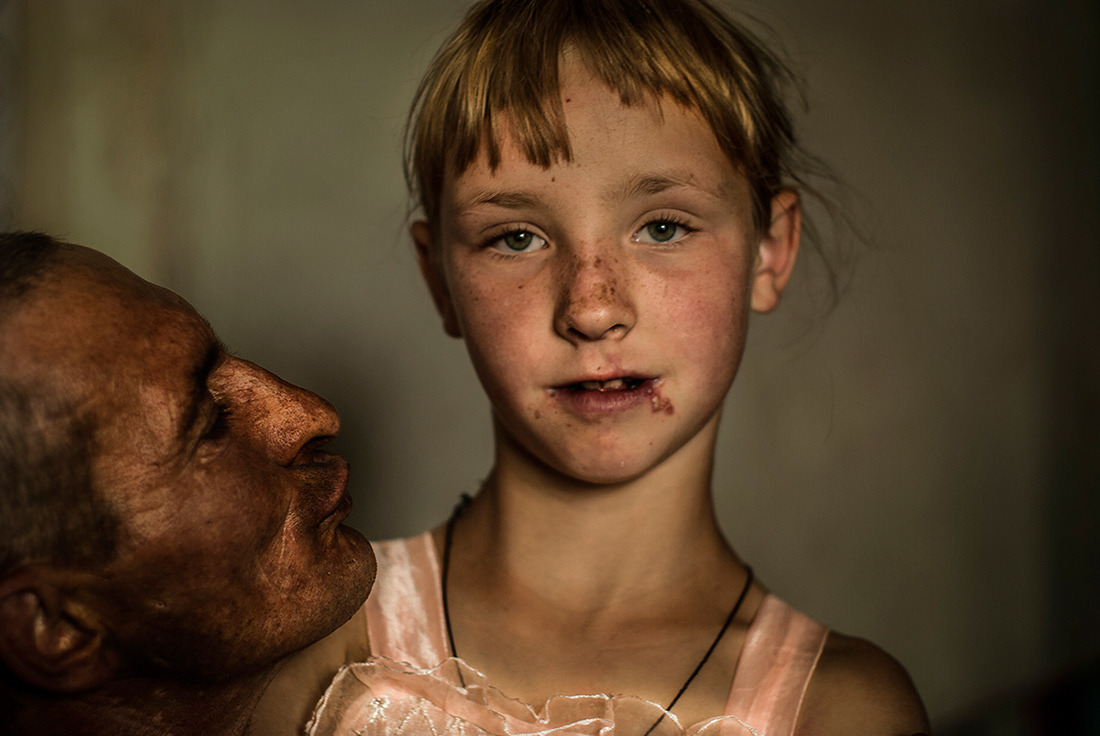The Doukhobors' Land
Natela Grigalashvili
The Doukhobors, as they call themselves the spirit-warriors, are an Orthodox Protestant society, which appeared three centuries ago in Russia, Tambov province.
Exiled by the Russian Tsar and relocated to Georgia, Doukhobors founded eight villages in Javakheti Region, biggest of them was Gorelovka. They consider Javakheti as a holy land, they call it “the Doukhobors’ Land” and they think that village Gorelovka is the center of all Dukhobors scattered around the world. Despite the difficult climate, they acted with great enthusiasm, formed a commune founded orphanage, school, and had the common economy. Soon they became one of the richest communities in the Caucasus. During the Soviet regime Gorelovka collective farm was the second wealthiest in whole Soviet Union. The Doukhobors were distinguished from others as very hardworking and disciplined people. Lev Tolstoy was their grate supporter and even founded a school which still exists and is the only functioning school in Gorelovka even nowadays.
In faith they reject all material – cross, icon, even priest and church rituals. During birth, marriage and death, they conduct simple rituals. They say that God is everywhere and in everything, especially in the human soul and every person itself is a temple. At the head of community they were always spiritual leaders. They had never broken the gender balance; the cult of woman always existed there and spiritual leaders often were women. Doukhobors always believed that it is important to coexist in peace with nature. They appreciated their environment and always took care of it – never polluted the soil, rivers and lakes, took care and respected the migrating birds that use this area and etc.
The last twenty years have been especially difficult for Doukhobors. No one can say why most of them have decided to return to Russia. There are different versions: betrayal, fear, persecution, false promises. Nowadays there are approximately 150 families left, mostly in Gorelovka. Youth is in minority in the community. Lack of opportunities in education and work is forcing them to leave the villages and the country.
New owners of their houses, who are unfamiliar with their culture, are destroying and changing the appearance of it.

